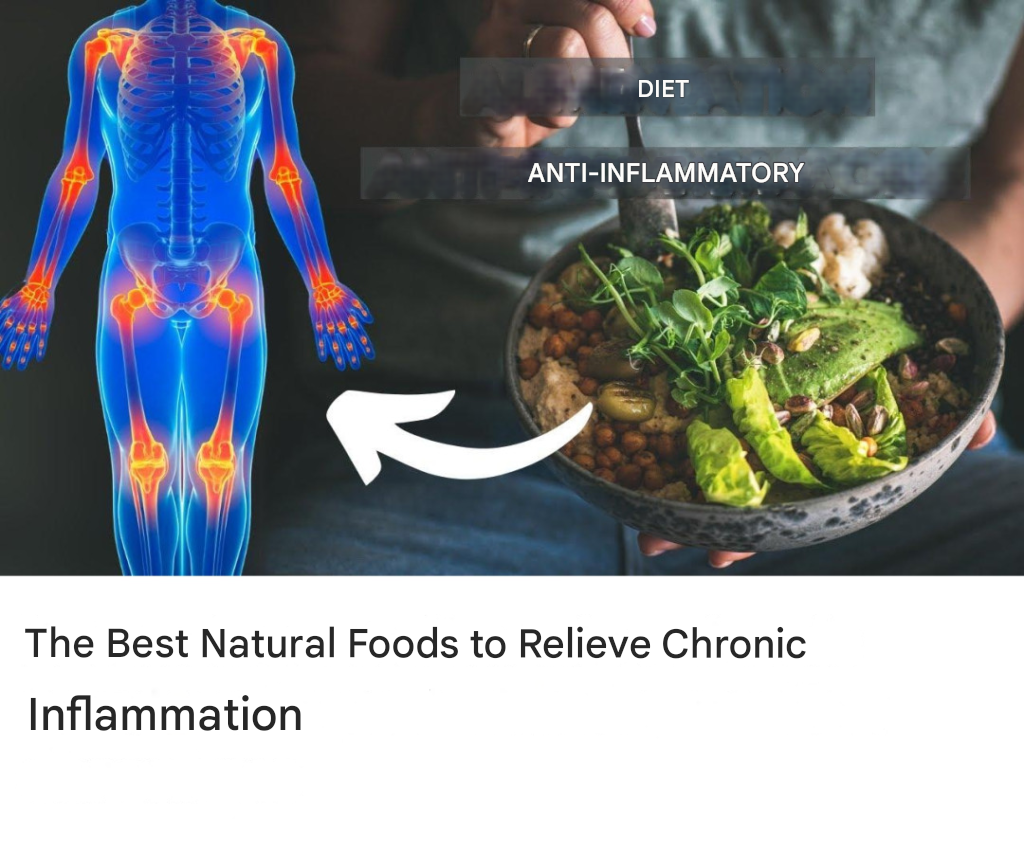Herbs and spices
Herbs and spices are not only delicious but also anti-inflammatory. Regularly add these to your meals:
Garlic, onion, oregano, parsley, basil, wild garlic
Turmeric (with a little fat for better absorption)
Ginger, fenugreek
Ceylon cinnamon (preferably Cassia cinnamon)
Products rich in probiotics
Red and processed meats contain pro-inflammatory compounds. Excessive consumption can increase the risk of obesity, diabetes, cardiovascular disease, and some cancers. The WHO has even classified red meat as a risk factor for colon cancer. To limit harmful effects:
Eat red meat in small quantities (once a week)
Vary your protein sources (fish, white meat, eggs, plant proteins)
Dairy products
Dairy products are rich in leucine, which can stimulate inflammatory pathways. To limit their effects:
Eat them occasionally.
Choose plant-based alternatives (almonds, coconut).
Choose dairy products from small animals (goats, sheep).
Saturated fats and trans fatty acids
Saturated fats and trans fatty acids are known for their inflammatory properties. While saturated fats can be consumed in moderation, trans fatty acids should be avoided whenever possible. They are primarily found in:
